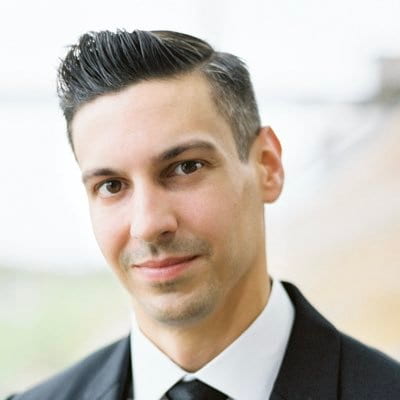Kevin A. Murach, Ph.D., received his undergraduate degree from the University of North Carolina at Chapel Hill, where he earned the Ronald Hyatt Scholarship in Exercise Science. After graduating, Dr. Murach completed a master’s degree in Exercise Physiology at James Madison University at Harrisonburg, Virginia, then earned his Ph.D. in Human Bioenergetics from the Ball State Human Performance Laboratory in Muncie, Indiana. His dissertation was a collaboration with NASA aimed at optimizing the exercise prescription for astronauts on the International Space Station.
After Ball State, Dr. Murach spent six years as a post-doctoral fellow/scholar at the University of Kentucky Center for Muscle Biology in Lexington under the guidance of Drs. Charlotte Peterson and John McCarthy. During this time, he was supported by two National Institutes of Health grants (F32 and K99), was recipient of the Thomas V. Getchell Memorial Award from the University of Kentucky Grant Writing Workshop, won the 2017 FASEB BioArt contest and was an NIH NIA Butler-Williams Scholar.
Articles featuring Dr. Murach include:
- “NIH awards UA-Fayetteville $2.5M to study exercise, aging” in Arkansas Democrat Gazette
- “NIH Awards $2.5 Million to Study Mediators of Muscle Renewal as Aging Continues” in Arkansas News Now
- “Why is it harder for some people to build muscle than others?” in Livescience.com
- “Study Reveals How Exercise Turns Back The Clock In Aging Muscles” in Medical News Today
- “Busting Muscle Myths” in The Biochemist
- “How Even Super-Short Workouts Can Improve Your Health” in Time Magazine
- “How ‘Muscle Memory’ May Help Us Get In Shape” in The New York Times
- “Here’s what muscle memory really means, and how to use it” in The Washington Post
- “Weight Loss and Running Speed: How Exactly Are the Two Connected?” in Runner’s World
- “Why Less Exercise Can Bring Better Results” in Discover
- “How Scientists Are Learning How to Use Your Muscles to Predict Your Mortality” in Men’s Health
- “Snapshots of Life: Building Muscle in a Dish” in NIH Director’s Blog
- Research Spotlight of UK’s College of Health Sciences
- “Prior Training Can Accelerate Muscle Growth Even After Extended Idleness” in the University of Arkansas News Now
- “It’s never too late to start moving, but science is finding you may not catch up to lifelong exercisers” in the Philadelphia Inquirer
- “Late-Life Exercise Shows Rejuvenating Effects on Cellular Level” in the University of Arkansas News Now
He now is an assistant professor in the Department of Health, Human Performance and Recreation in the University of Arkansas College of Education and Health Professions.
His current research uses human muscle samples, primary cell culture and genetically modified mouse models to understand the molecular cues that drive exercise adaptations and aging, and the interaction between these two (among other things). In his free time, Dr. Murach enjoys spending time with his wife, Dr. Kyndal Murach, exercising, building custom watches, cooking, smoking meats and collecting bourbon.
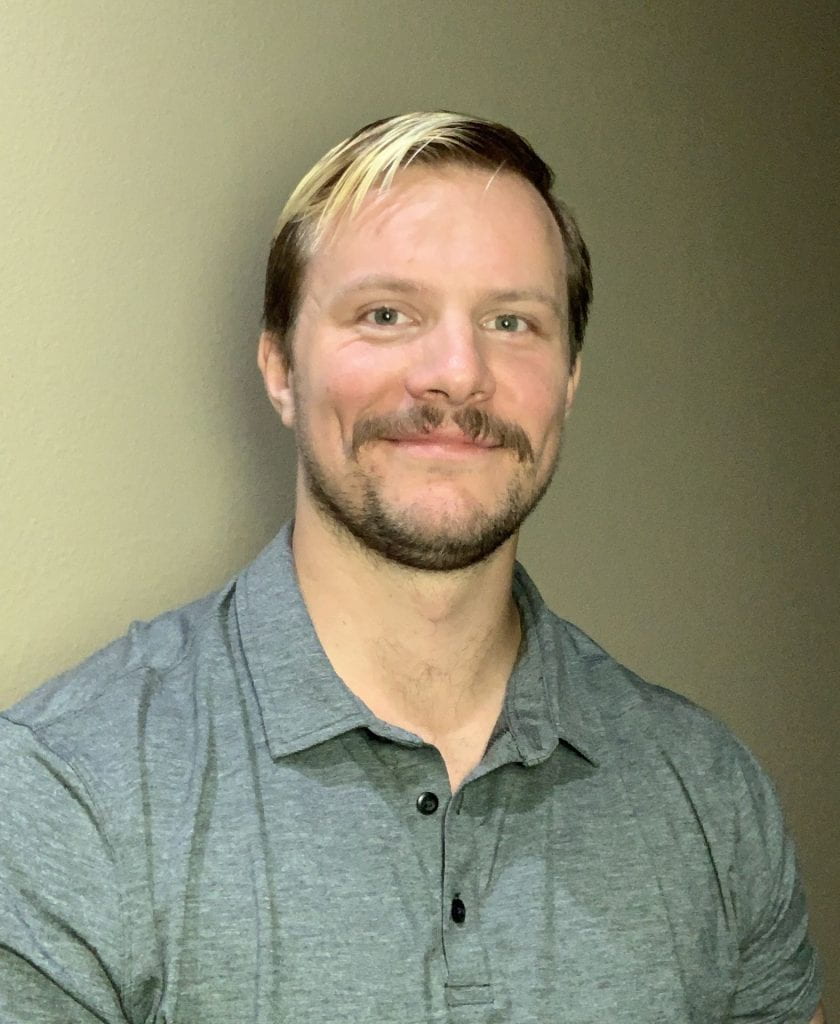
PJ Koopmans was born and raised not too far from Madison, WI. He received his bachelor’s degree in Exercise and Sport Science from University of Wisconsin- La Crosse. More recently, he graduated with his master’s degree in Exercise Science from Appalachian State University under the mentorship of Dr. Kevin Zwetsloot in his Integrated Muscle Physiology Lab and was nominated as the departmental Outstanding Graduate Student in Research. His master’s thesis project was titled “Stuart Little No More: Effect of High Resistance Wheel Running on Skeletal Muscle Hypertrophy and Strength in C57BL/6 Mice”. TL;DR: mice love running and this voluntary behavior can be leveraged to serve as an exercise training model for mice. He is currently pursuing a Ph.D. in Cellular and Molecular Biology here at the University of Arkansas, where he is working as a graduate research fellow in Dr. Kevin Murach’s M3R Lab investigating the molecular/cellular mechanisms that regulate muscle mass and exercise adaptations. In his time outside of the lab and classroom, he trains for competitive powerlifting and is always on the hunt for the best pizza, donuts, and tacos (basically any food) in town.
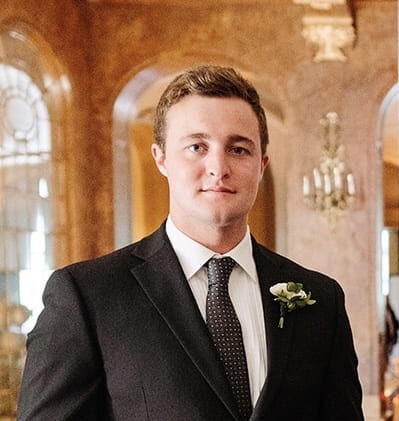
Ronald G. Jones III is a first-year doctoral student working under Dr. Kevin A. Murach, who leads the M3R Laboratory at the University of Arkansas. Ronald received his undergraduate degree in Exercise Science from Towson University in Baltimore, Maryland. He then went on to complete a master’s degree in Clinical Exercise Physiology at the University of Delaware. Following graduation, he became accredited as a Certified Clinical Exercise Physiologist under the American College of Sports Medicine and was hired by the Baltimore VA Medical Center as a Research Physiologist. Over the next two years, he went on to become a Clinical Study Coordinator for numerous biomedical research studies, studying a host of topics such as peripheral arterial disease, post-stroke hypertrophy, clinical balance-reach trials, neuromuscular stimulation, and sarcopenia.
Wanting to continue a career in research, Ronald is now pursuing his PhD in the Department of Health, Human Performance, and Recreation in the University of Arkansas College of Education and Health Professions. His research focus includes the molecular and cellular mechanisms of skeletal muscle physiology and has a particular interest in genomics. Some of Ronald’s interests include building and repairing computers, reading, cooking, and training in both powerlifting and MMA (Mixed Martial Arts).
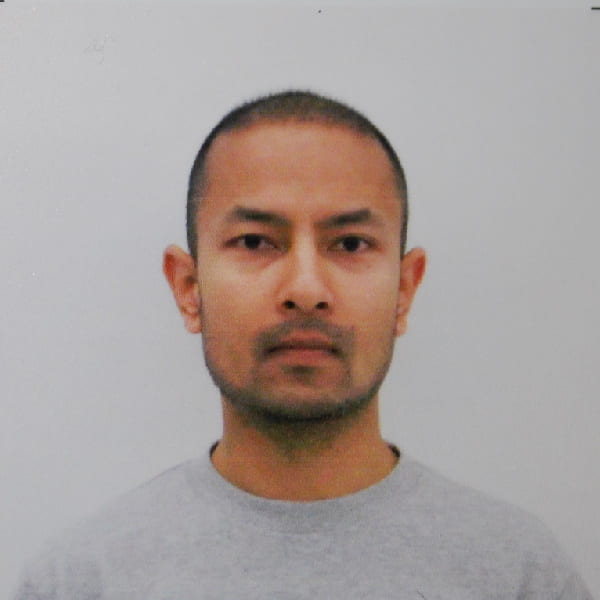
Sabin Khadgi is a Research Technician/ Lab Manager in Molecular Muscle Mass Regulation Lab at University of Arkansas, Fayetteville. He has a master’s degree in Biotechnology from West Virginia State University. Sabin has a deep interest in understanding molecular and cellular biology of humans, especially muscles, and is fascinated by the advancements in biological research and technology and their ability to reveal molecular mechanisms in the human body. He loves doing in science the lab.
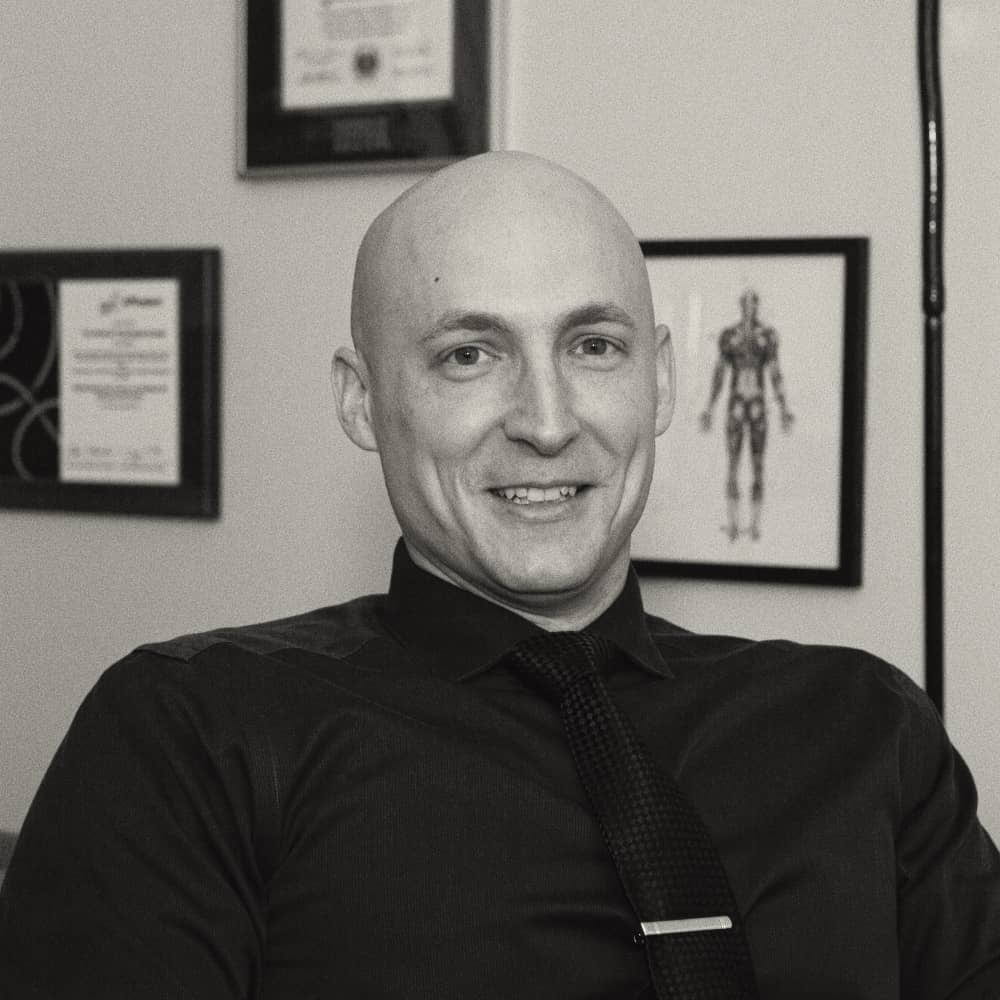
Toby L. Chambers, Ph.D., received his undergraduate and master’s degrees in exercise science and exercise physiology from the University of Central Missouri in Warrensburg, Missouri. He then went on to earn a Ph.D. in Human Bioenergetics from the Ball State University Human Performance Laboratory in Muncie, Indiana. His doctoral work focused on the tissue (blood, skeletal muscle, and fat) responses in humans to an acute bout of resistance exercise and their implications for health and disease. After his doctoral work, Dr. Chambers aided in the implementation of the Molecular Transducers of Physical Activity Consortium (MoTrPAC) initiative established by the NIH’s Common Fund that includes 30+ academic institutions across the United States. The goals of MoTrPAC are to collect various tissue samples from both animal and human (adolescent and adult) subjects to build a “molecular map” of exercise responses and adaptations using various -omics platforms to better understand how physical activity benefits health and disease risks.
Wanting to further his knowledge and skillset in exercise and animal research, Dr. Chambers is now continuing his post-doctoral work with Dr. Kevin Murach in the Department of Health, Human Performance and Recreation in the University of Arkansas College of Education and Health Professions. His research will focus on the molecular mechanisms controlling skeletal muscle mass with aging and exercise training. Dr. Chambers is originally from the Kansas City, Missouri area and in his free time enjoys smoking meats, playing with his dog Cooper, exercising, reading, and eating new foods.
